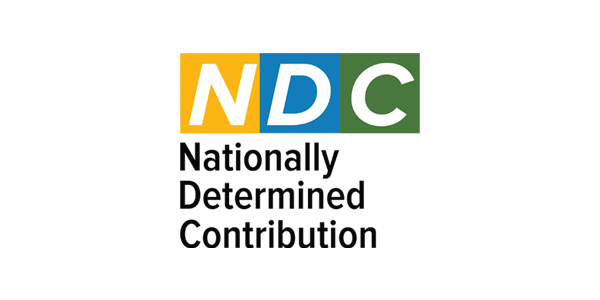

The Paris Agreement (Article 4, paragraph 2) requires each Party to the UNFCCC to prepare, communicate and maintain successive nationally determinedcontributions (NDCs) that it intends to achieve. Parties shall pursue domestic mitigation measures, with the aim of achieving the objectives of such contributions.
Together, these climate actions would determine whether the world achieves the long-term goals of the Paris Agreement and to reach global peaking ofgreenhouse gas (GHG) emissions as soon as possible and to undertake rapid reductions thereafter in accordance with best available science, so as to achieve abalance between anthropogenic emissions by sources and removals by sinks of GHGs in the second half of this century.

Infrastructure &
Disaster Risk
Reduction

Enhance knowledge base related to climate change risks to coastal ecosystems and communities
Water Resources
Management

Climate Change adaptation measures in Rodrigues:
Develop and promote climate smart
agriculture practices
Development of an integrated strategy and policy to foster adoption of integrated Pest and Disease Management (IPDM) practices including the review of policy and regulatory framework to facilitate the upscaling of IPDM technology and regulate the use and disposal of pesticides
framework to enhance access to, and productive use of water in the agricultural sector.

Marine and Terrestrial Biodiversity
Resilience

protected area network including rehabilitation of wetlands, seagrass, mangrove plantation, increase in tree coverage areas and coral reef rehabilitation/farming
Development of sustainable landscape management and Ecosystem-based adaptation/nature based solutions
Tourism and Coastal
Zone Management
Climate Smart Fisheries
and Blue Economy
Resilient artisanal fishery with policy on marine co-management of resources and measures for off-lagoon fishing

Health
Sector

